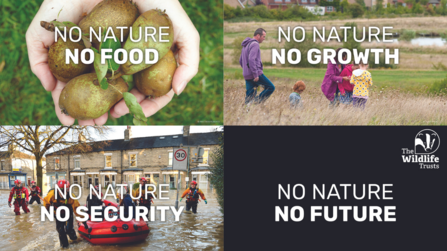In this series of three blogs, my colleagues and I have been exploring the key threats facing Cornwall’s already-vulnerable wildlife as a result of recent Government decisions.
In the first blog, I focused on the Retained EU Law Bill; in the second, I reflected on the Environmental Land Management schemes (ELMs); in this third piece, I am exploring the Government’s proposed Investment Zones plans.


